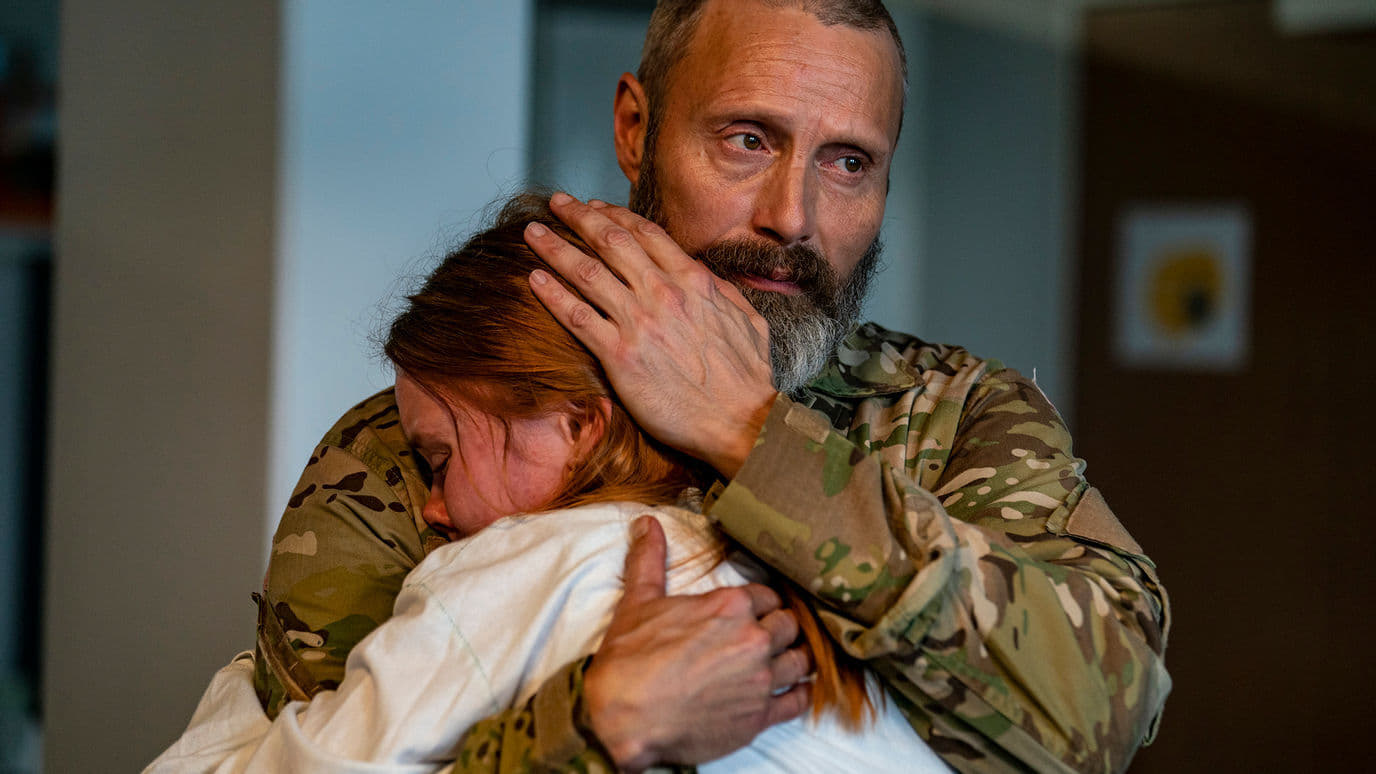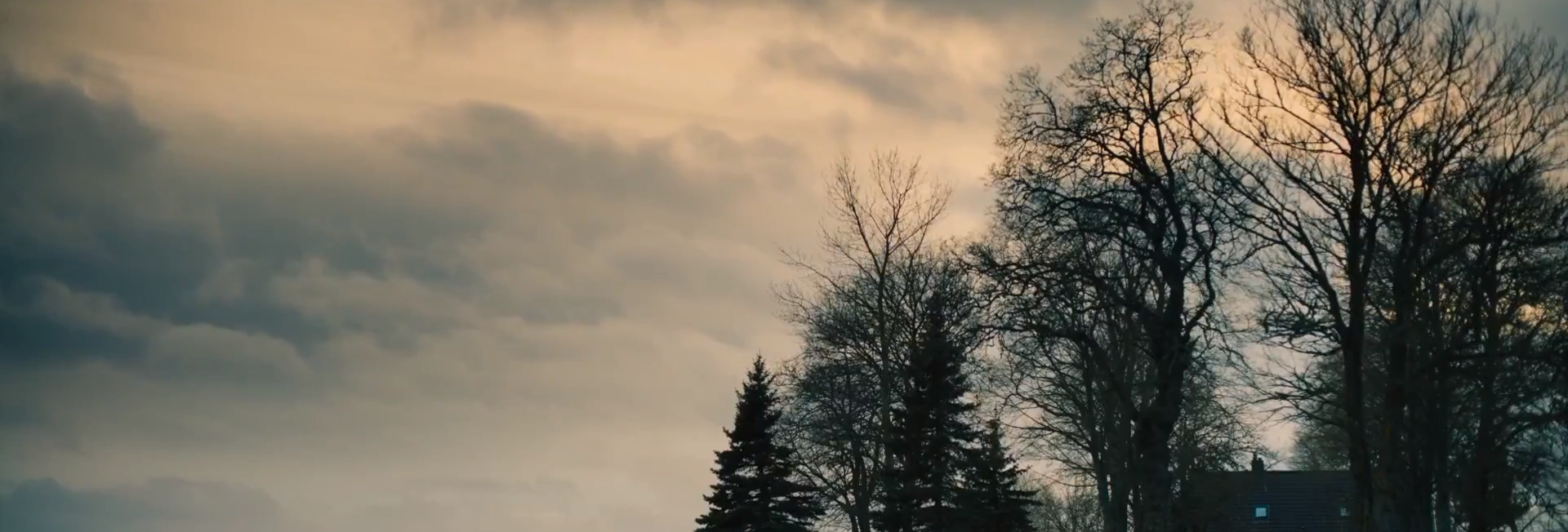Incluvie Foundation Gala - Learn More
'Riders of Justice': A Message About Real-Life Problems and Their Acceptance
'Riders of Justice' perfectly depicts some masculinity problems present in our society. Moreover, it talks about how hard is to lose someone and how different people deal with the situation.
Riders of Justice (2020)


Director Anders Thomas Jensen’s style is easily identifiable by presenting weird characters in chaotic situations; take for instance Flickering Lights (2000), where four gangsters from Copenhagen trick a gangster boss and, trying to escape to Barcelona, they stop in the countryside, where they realize that they would like to start a new life. Or The Green Butchers (2003), where two peculiar butchers are forced to live unconventional situations.
All those bizarre situations and the distinctive dark humour set a specific voice, which can be appreciated in all of Jensen’s productions, especially in Men and Chicken (2015), and of course, Riders of Justice (2020), where it reaches perfection.
The latter tells the story of Markus (Mads Mikkelsen), a soldier on a mission in the Middle West who is forced to go back home to take care of his daughter Mathilde (Andrea Heick Gadeberg) after his wife (Anne Birgitte Lind Feigenberg) dies in a tragic train accident. Everything seems to be casuistic, until Otto (Nikolaj Lie Kaas), a mathematics expert, and also a passenger in the wrecked train, shows up with his offbeat friends, Lennart (Lars Brygmann) and Emmenthaler (Nicolas Bro), convinced by the idea that they can put the blame on someone for what happened.

Aesthetics play an important role in Riders of Justice
From the very beginning, the filmmaker sets the scene using sober and gloomy landscapes in a very effective way, which are directly related to the grief of losing a relative. Nonetheless, when the three mathematicians/hackers appear, everything starts to be funny in a very strange way. What is remarkable is that aesthetics and storytelling work together to simultaneously express sadness and be entertaining.

Markus depicts a toxic masculinity, marked by the character’s life
Secondly, focusing on Markus, we can appreciate that he has a strong character, a prototype soldier marked by the horrors of war. That condition is perfectly defined in his daughter’s words:
“At least he won’t stare at the universe sitting all day in the barn like a vegetable”.
Markus is authoritarian. He seems to be strong, but actually he is only wearing a shelter to protect himself from his inner problems. He cannot stand the idea of losing his wife, and that is why he tries to avenge her. This vengeful feeling won’t disappear until the end of the film when something happens that make him realise that life sucks. In that moment, he shows himself violent but vulnerable. In other words, he shows his true self, the one that society, and more specifically the military, have hidden.
Conclusion
Riders of Justice perfectly depicts some masculinity problems present in our society. Moreover, it talks about how hard is to lose someone and how different people deal with the situation. Its strongest point is that, using a very effective and attractive storytelling, Anders Thomas Jensen is able to make you laugh with his well-known quirky humour, even when the situation could not be any worse.
More to explore
By Same Author
Related lists created by the same author
By General Category
Related movie/TV/List/Topic
'Don't Lose Your Head' - MiamisFF Review
'Don't Lose Your Head' follows the motto of "grades aren't everything."




